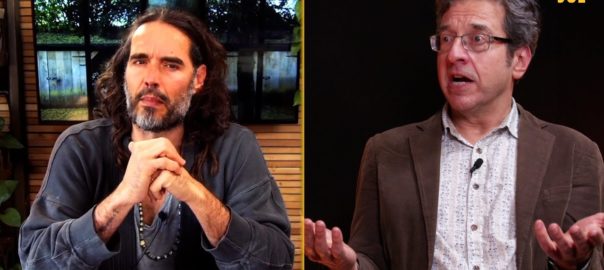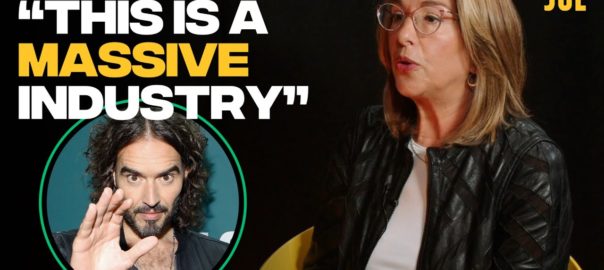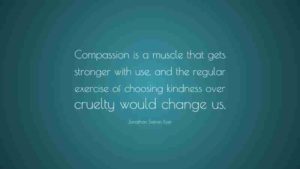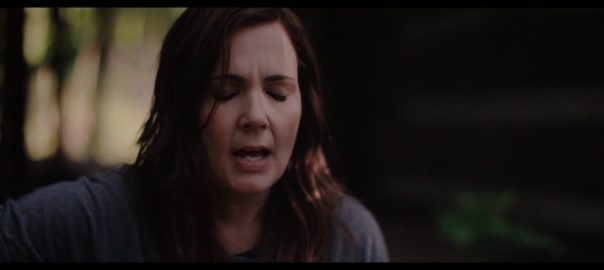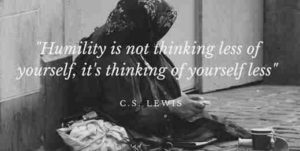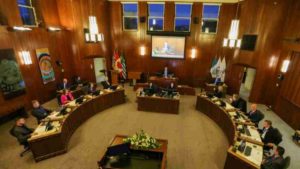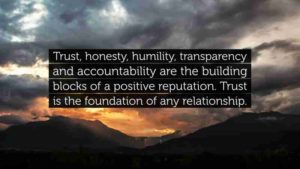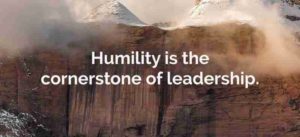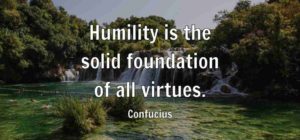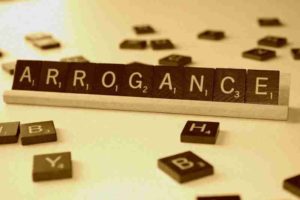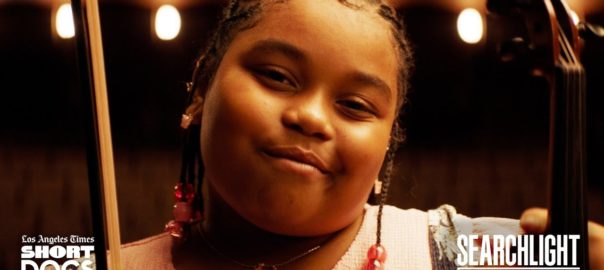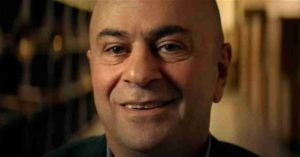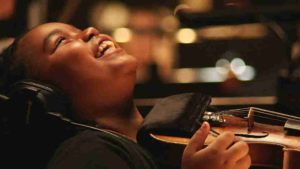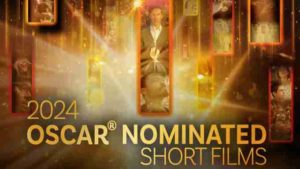The Great Replacement Theory, often referred to as the white genocide theory, is a concept of hate and fear that has gained significant traction on the right, most particularly in the philosophies espoused by Canada’s People’s Party’s Maxime Bernier, and in the United States by Republican party candidate for President, Donald Trump, his senior advisor Steve Bannon, and their far-right adherents.
It posits that there is a deliberate effort to replace white populations with non-white immigrants, leading to the erosion of traditional cultures and identities.

The Great Replacement Theory can be traced back to the writings of French author Renaud Camus, who first articulated the concept in his 2011 book Le Grand Remplacement (The Great Replacement).
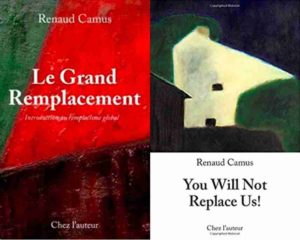
Camus argued that mass immigration, particularly from Muslim-majority countries, was leading to the demographic decline of white Europeans and the eventual replacement of their culture and civilization.
Camus’ ideas gained traction in far-right and white nationalist circles, spawning a global movement centred on the fear of demographic change.
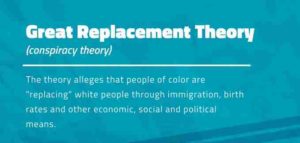
The Great Replacement is a dangerous conspiracy theory rooted in racism, xenophobia and antisemitism that has motivated deadly attacks on persons of colour, and minority peoples all across the globe
The Great Replacement Theory has been widely criticized by scholars for its lack of empirical evidence and its propagation of xenophobic and racist sentiments.
Critics argue that the theory is based on flawed assumptions and selective interpretation of demographic trends. They point out that immigration is a complex phenomenon driven by economic, political, and social factors, and that it does not necessarily lead to the displacement of native populations.
Moreover, the Great Replacement Theory has been associated with violent acts and hate crimes perpetrated by individuals who subscribe to its ideology.

The 2019 Christchurch mosque shootings in New Zealand, for example, were carried out by a self-professed white supremacist who cited the Great Replacement Theory as a motivation for his actions. Such incidents underscore the dangerous consequences of spreading hateful ideologies based on unfounded fears.
The spread of the Great Replacement Theory has significant implications for social cohesion and political discourse. By framing immigration as a threat to national identity and security, proponents of the theory seek to justify exclusionary policies and discriminatory practices. This can lead to the marginalization and scapegoating of immigrant communities, exacerbating tensions and divisions within society.

Furthermore, the saddening popularity of the Great Replacement Theory reflects broader anxieties about globalization, multiculturalism, and demographic change.
In our interconnected world, where borders are becoming more porous and cultural boundaries more fluid, many of those in search of a simplistic explanation for their angst have come to feel a woeful sense of insecurity and displacement.
The rise of populist movements may be seen as a response to these perceived threats, as people seek to assert their identity and preserve their way of life.
The Great Replacement Theory remains a concept based on hatred of “the other” that, sadly, reflects deep-seated fears about immigration and cultural change.
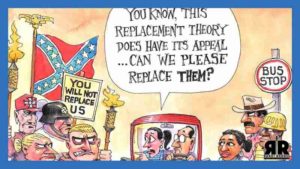
While Great Replacement Theory may resonate with some segments of society, it is important to critically examine its underlying assumptions and implications.
By promoting understanding and empathy, we can work towards building inclusive and diverse communities that celebrate the richness of human diversity.
